
This not only affirms the role of cinema in educating history and revolutionary ideals, but also opens up new opportunities for this film genre to fulfill its political tasks well, while affirming its competitive position in the international arena.
Nhan Dan Newspaper reporter had an interview with Deputy Minister of Culture, Sports and Tourism Ta Quang Dong about initial successes, policy orientations to promote socialization, and long-term strategies to sustainably develop historical films, turning them into a "soft pillar" in the nation's cultural life.

Reporter: Mr. Deputy Minister, recently, many historical and revolutionary war films such as “Dao, Pho and Piano”, “Tunnels: Sun in the Dark”, “Red Rain”... have created positive social effects, attracting a large audience, especially young people. How do you evaluate the impressive return of this film genre?
Deputy Minister Ta Quang Dong: The brilliant and continuous success of many historical and revolutionary war films in recent times is an extremely encouraging sign. Typical works such as “Peach, Pho and Piano”, “Tunnel: Sun in the Dark” and especially “Red Rain” have clearly and strongly shown the enduring vitality and everlasting value of this film genre in spiritual and social life.
We can see that these films do not stop at recreating historical events. More importantly, they have done the extraordinary thing of recreating in a realistic and moving way the heroic, arduous and sacrificial historical journeys of the nation. Using modern cinematic language, these films have aroused in the public, especially the young generation, a deep pride and gratitude for the contributions of their ancestors, while fostering a sense of responsibility in preserving and promoting the glorious revolutionary tradition. This is the most vivid proof of the irreplaceable role of cinema as a particularly important means of historical education , nurturing ideals and uniting the community.
The success of recent historical and revolutionary war films has also partly confirmed the fundamental innovation in the approach of this film genre. They have gradually gone beyond the previous dry propaganda framework, instead, choosing a modern, humane and closer approach to the public.
The public's interest and positive response, especially from the youth, to historical and revolutionary films is also an important basis for us to affirm that: if properly invested in and with a suitable promotion strategy, this film genre can completely fulfill its political and ideological tasks, while affirming its position in the fiercely competitive film market.
Furthermore, we need to look further: historical and revolutionary films also have a strategic role in shaping and consolidating national cultural identity. This is an effective way to build "soft power" and enhance the national image in the context of globalization and increasingly deep international integration.
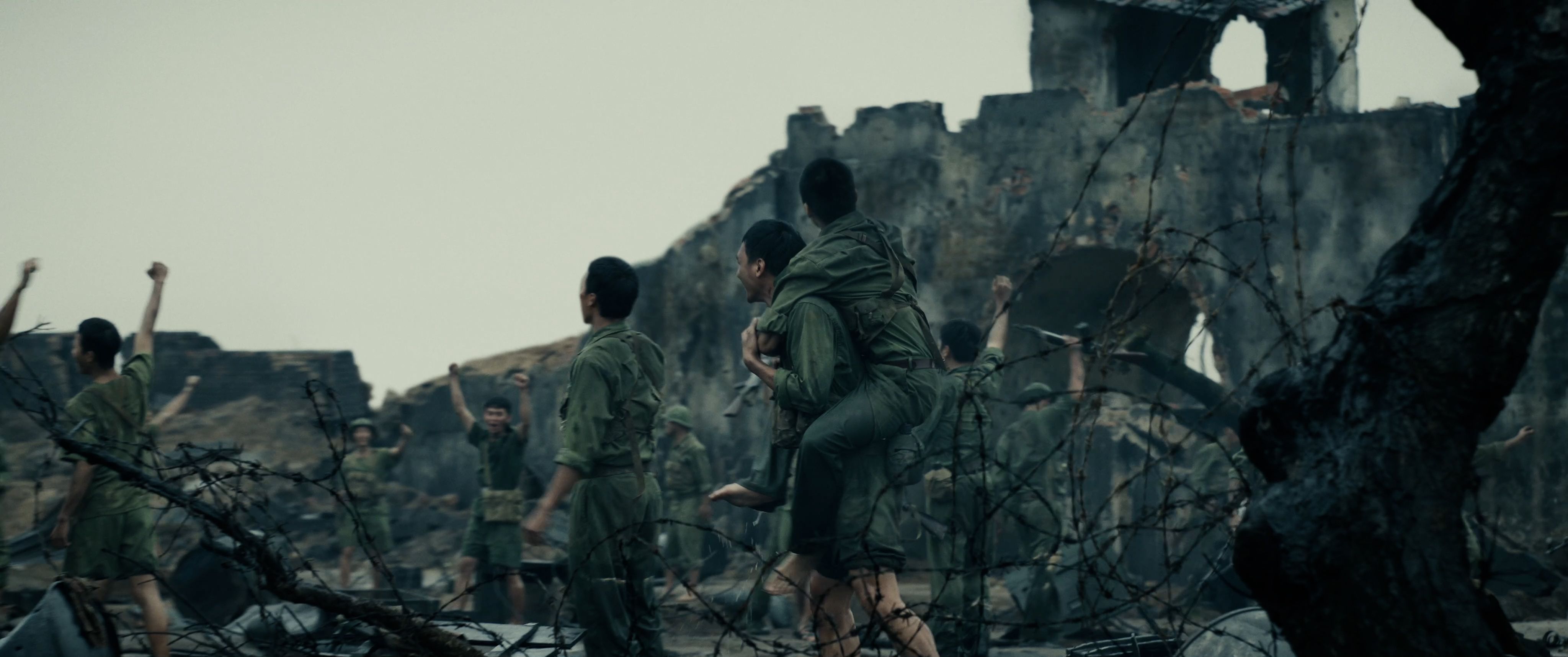
Scene from the movie Red Rain.
Reporter: The success of the above works shows that with proper investment and a new approach, historical and revolutionary war films can completely conquer the audience. According to the Deputy Minister, what are the most important factors that contributed to the initial success of this film genre?
Deputy Minister Ta Quang Dong: Recent successful historical and revolutionary war films have clearly demonstrated that, when properly invested in and approached creatively, this genre of film is fully capable of touching the hearts of the public, becoming an important highlight in cultural and spiritual life.
However, looking at it generally and frankly, we still have to admit that the level of investment in this film genre is currently limited. This level of investment is not really commensurate with its stature, value and great role in fostering the bravery, ideals and national spirit of generations of Vietnamese people.
This mechanism must aim at three main goals: attracting creative talent, effectively mobilizing social resources, and especially creating conditions for filmmakers to freely create within the framework of correct political and ideological orientation.
The investment here is not simply limited to production costs, but needs to be implemented synchronously in the stages of distribution, promotion and communication. This is the key factor to bring the film closer to a wider audience, especially the youth, who are the ones most influenced by modern audiovisual culture.
In the context of increasingly deep international integration, historical and revolutionary films need to be considered an indispensable “soft pillar” of national culture. Investing in and developing this film genre is not only the State’s responsibility in preserving and promoting traditional values, but also a strategic opportunity for Vietnamese cinema to affirm its own identity, contributing to building the image of a heroic, humane, and traditional country in the eyes of international friends.
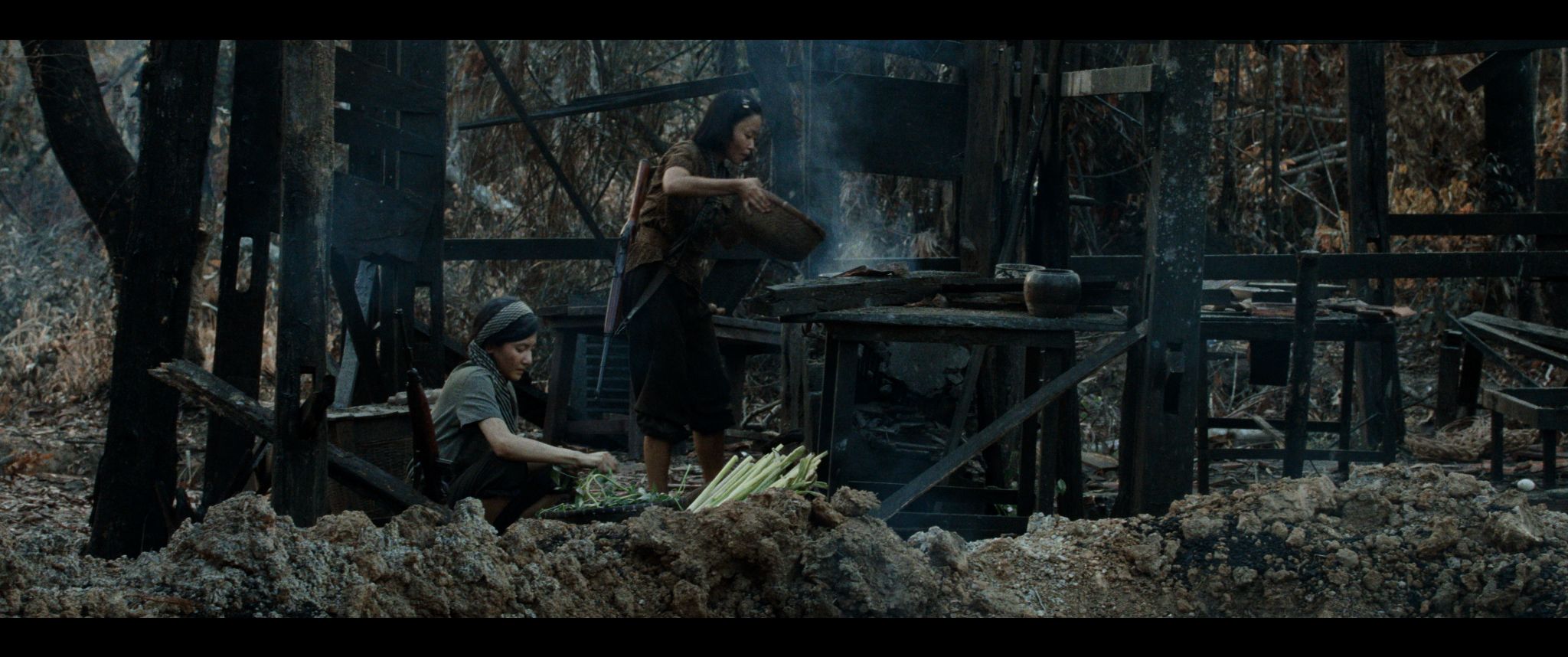
Scene from the movie Tunnels: Sun in the Dark
Reporter: To achieve the recent results, what is the significance of the role of the Party and the State, especially the guidance of the Ministry of Culture, Sports and Tourism? Could the Deputy Minister share more clearly about the mechanisms and policies that have been applied to support filmmakers?
Deputy Minister Ta Quang Dong: The guiding role of the Party and the support of the State, directly from the Ministry of Culture, Sports and Tourism, is extremely important and decisive for the development of historical and revolutionary films.
Every year, based on the provisions of the Cinema Law, the Ministry of Culture, Sports and Tourism always carries out the work of directing the creation and thematic orientation for films ordered from the state budget. In particular, the Ministry pays special attention and prioritizes the creation of cinematographic works with war and revolutionary themes.
The reason we focus on these topics is because nurturing and educating revolutionary ideals and patriotic traditions in the current digital age is an extremely necessary issue. The goal is for the young generation, when entering the process of international integration and globalization, to have correct perceptions of revolutionary ideals, strong political will to integrate internationally, pride in the traditions of the nation, thereby having more awareness and responsibility towards the community, and promoting a proactive and creative role in the work of building and defending the Fatherland.
This orientation not only contributes to spreading the Party and State's policies and guidelines in building and developing an advanced Vietnamese culture imbued with national identity, but also motivates filmmakers to exploit more deeply the historical and cultural values of the country. At the same time, this is also a way for Vietnamese cinema to maintain its own voice and identity in the context of deep international integration as today.
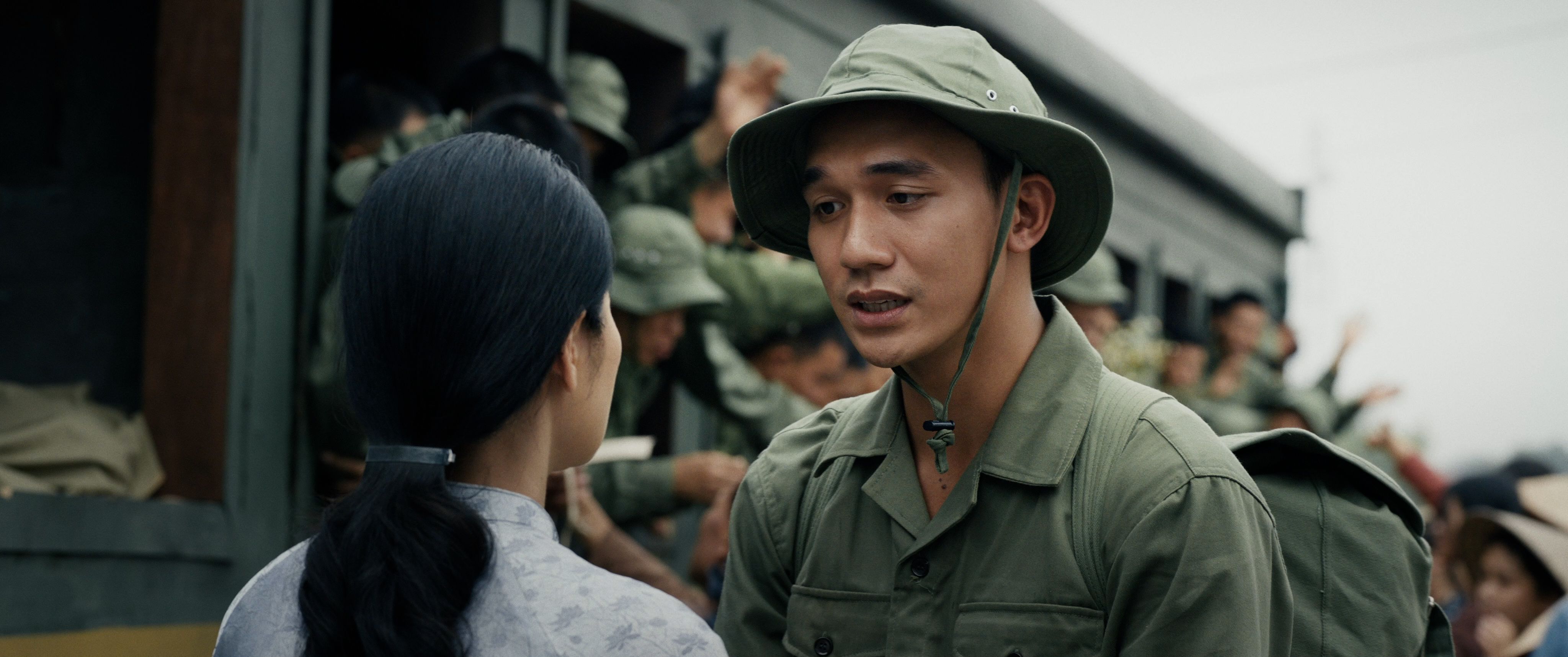
Scene from the movie Red Rain
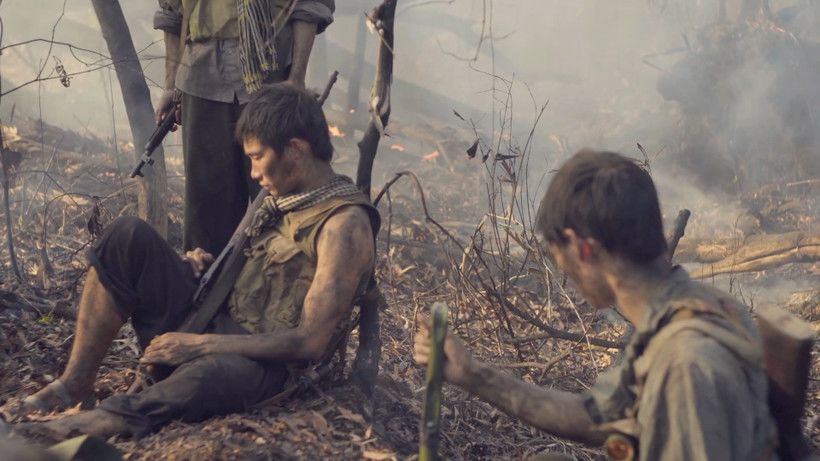
Scene from the movie “Tunnels – Sun in the Dark”. (Photo: Galaxy Studio)
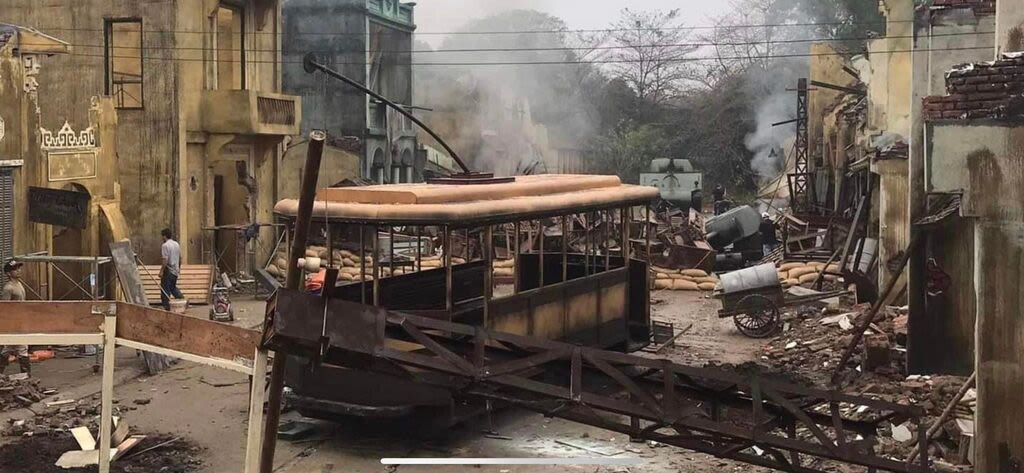
The film studio Dao, Pho and Piano recreates the scene of Hanoi's Old Quarter in 1946-1947. (Photo provided by the film crew).
Regarding specific support mechanisms and policies, the Ministry of Culture, Sports and Tourism has implemented the following key tasks:
- Firstly, perfecting the system of legal documents. The Ministry has developed documents to encourage the production of films serving political tasks, including the Cinema Law and the Decree detailing a number of articles of the Cinema Law. These documents stipulate a mechanism for ordering film production using the state budget, ensuring filmmakers have favorable conditions to create large-scale historical and revolutionary themes.
- Second, Create a source of high-quality scripts. The Ministry regularly organizes script writing competitions to create a source of scripts for film production plans to serve long-term political tasks. These competitions also create a professional writing environment for screenwriters, encouraging creativity and innovation in conveying historical and revolutionary stories.
- Third, International promotion and integration. The Ministry supports the participation of Vietnamese films in international film festivals and important film fairs, thereby expanding opportunities for exchange and promotion of Vietnamese history and culture to the world.
All of the above support and orientation policies have contributed to creating a more favorable environment for filmmakers, helping them to be more bold in their creativity, especially with topics of cultural and historical depth - important sources that make up the identity of national cinema.
Reporter: The success of recent historical and revolutionary films has clearly shown the important role of coordination between State and private units in the production of historical films. What is the view of the Ministry of Culture, Sports and Tourism on the socialization of this film genre, and what specific solutions will we have to encourage private enterprises and film studios to participate more strongly?
Deputy Minister Ta Quang Dong: The consistent viewpoint of the Ministry of Culture, Sports and Tourism is to strongly encourage the coordination between State and private units in the production of historical and revolutionary films. This cooperation is necessary to combine the unique strengths of the public and private sectors, creating artistic resonance and sharing resources, thereby improving the quality of historical films in both content and form.
Currently, we are implementing a very important and long-term strategic task: The project to build a draft Resolution of the Politburo on reviving and developing Vietnamese culture in the new era.
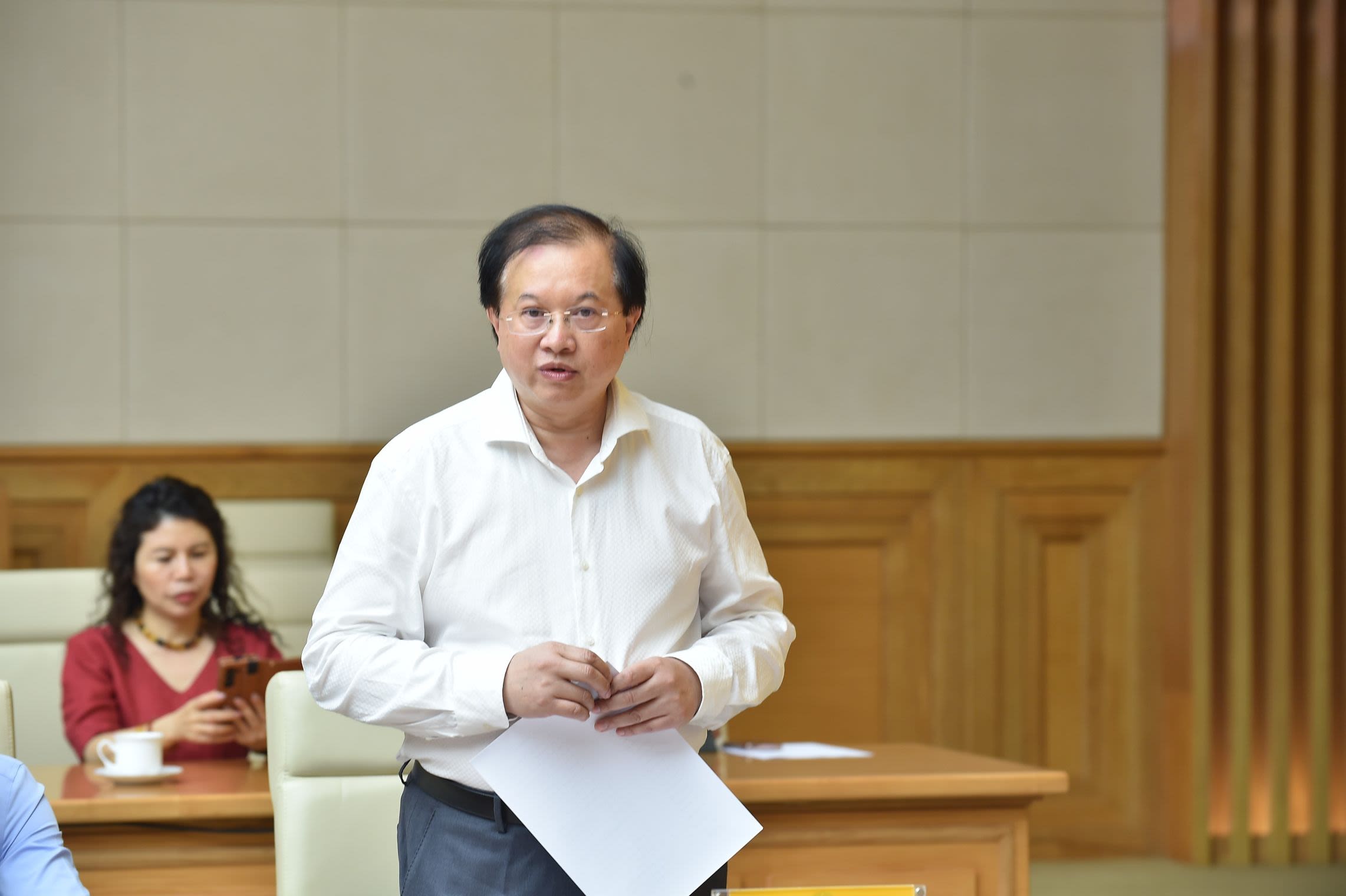
Deputy Minister Ta Quang Dong. Photo: VNA
During the project development process, we will find the causes, identify bottlenecks and propose solutions to completely remove them. For the film industry, we will focus on specific solutions to promote socialization:
Perfecting and institutionalizing mechanisms and policies on socialization in film production, distribution and dissemination.
Build a specific mechanism in the film industry, especially for large projects.
Remove bottlenecks in the current Cinema Law to create a close, transparent and effective cooperation mechanism between the State and the private sector.
We believe that, with the new legal framework and policy orientation, private businesses and film studios will have the motivation and conditions to participate more strongly in historical and revolutionary films, bringing works of high value to the public.
Reporter: What is the upcoming direction of the Ministry of Culture, Sports and Tourism in developing historical and revolutionary war films? Do we have a long-term plan to turn this into a sustainable film genre, instead of just a temporary boom?
Deputy Minister Ta Quang Dong: The success of films with war and revolutionary themes in recent times is not accidental, but the result of systematic and large-scale investment in production. Especially the sensitivity in grasping market factors, closely coordinating with private film distribution units to have a wide-ranging film promotion campaign.
This is the clearest proof of the great potential of this film genre if invested in the right direction, on a large scale and systematically.
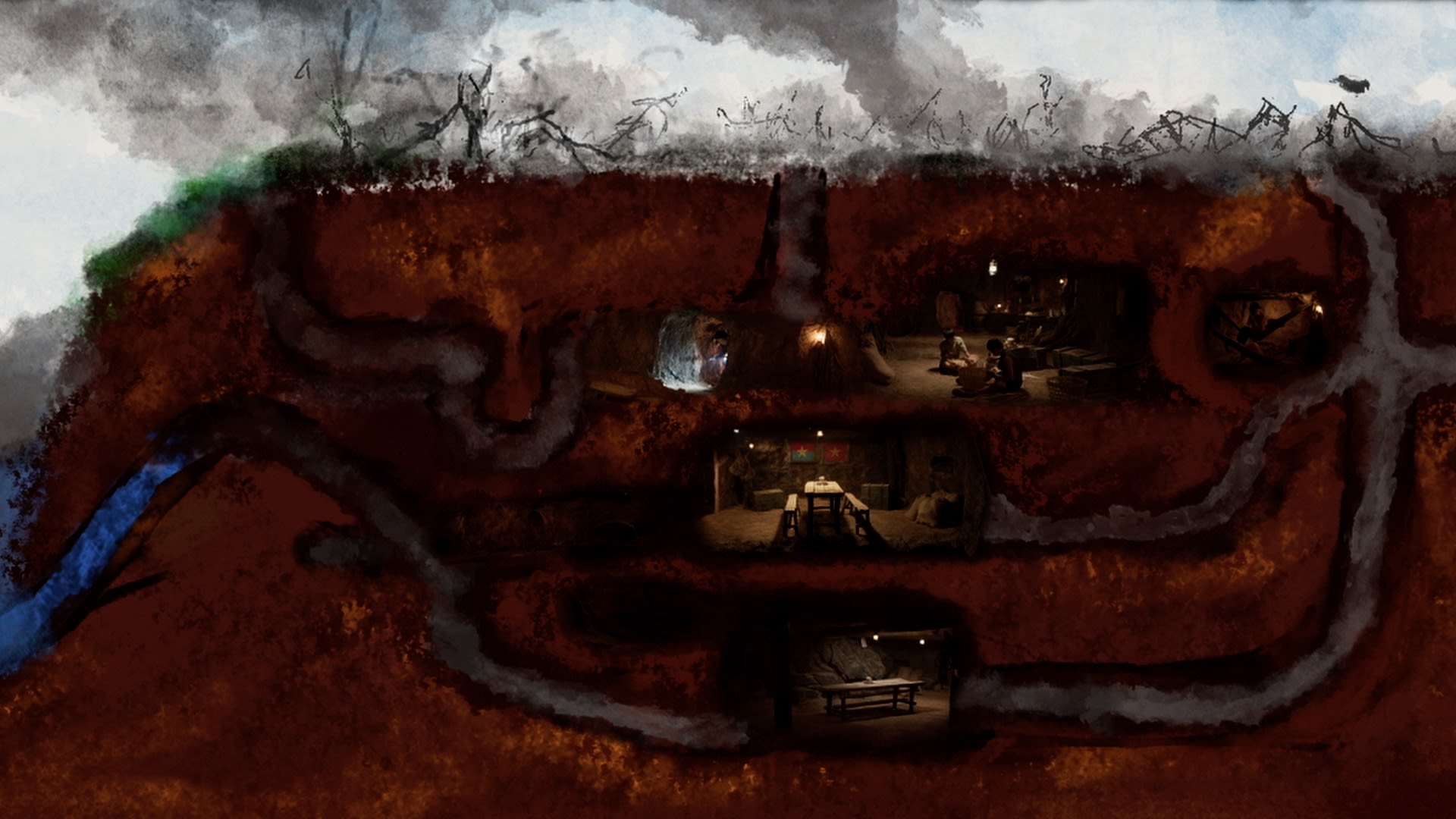
Therefore, the Ministry of Culture, Sports and Tourism sees this as the golden time to build long-term film plans, aiming to develop historical and war-themed films in a sustainable manner, not just a temporary boom. In the coming time, the Ministry will focus on the following strategic directions:
Perfecting and institutionalizing mechanisms and policies on cinema: Focusing on creating a solid legal framework for film production, as well as a mechanism for releasing and disseminating films to serve political tasks.
Building key, central film projects: This is a strategy to concentrate resources to invest in a number of large-scale, high-quality film works, to meet the requirements of commemorating major holidays and important historical events of the nation.
Our long-term goal is to create an “ecosystem” for this genre of film, where the creation, production, distribution and enjoyment of historical works become a cultural habit, an intrinsic need of society. We will continue to strengthen the mechanism so that historical films are not just propaganda tools, but must be high-quality cinema products, capable of standing on their own commercially and artistically, thereby ensuring long-term sustainability.

Reporter: What message does the Deputy Minister want to send to the artists, filmmakers and audiences, so that we can join hands to preserve and spread the value of historical and revolutionary war films in the coming time?
Deputy Minister Ta Quang Dong: First of all, I would like to send my congratulations and most sincere thanks to the team of artists, directors, screenwriters, actors, technicians... who have been silently dedicating their hearts, talents and love for the Fatherland to create films of historical stature. Each film is a flower of memory, a voice of the past echoing into the present and towards a bright future, helping us better understand the value of independence, freedom and the aspiration for peace.
Historical cinema and revolutionary war cinema are not just a genre of film, but a stream of memories, a stream of the Vietnamese people's spirit, a place where pride, bravery and Vietnamese soul converge. I hope that today's Vietnamese artists and filmmakers will continue to contribute and create endlessly; courageously explore untapped sources, turn historical stories, political stories, revolutionary epics... into spiritual food full of emotion and humanity, so that the audience will not only watch with their eyes but also feel with their hearts; so that each film becomes a bridge between the past and the present, between the Vietnamese people of yesterday, today and tomorrow.
We, those who work in culture, art, and cinema, carry a great mission: to preserve, promote, and spread the quintessence of Vietnam closer to the world. Vietnamese cinema not only tells our own story, but also tells the world about a nation that loves peace, values loyalty, is rich in humanity, but is always resilient and indomitable.
At the same time, I also hope that the audience, especially the young generation, will continue to give their love, warm welcome and sincere comments so that historical filmmakers have more motivation to create. The support of the audience is the most important social resource, helping to attract more resources to contribute to creating large-scale, high-quality cinema works, meeting the increasingly high expectations of the public in the coming time, contributing to building a modern, humane and unique Vietnamese cinema.
The Ministry of Culture, Sports and Tourism will continue to accompany and create favorable conditions in terms of mechanisms, policies, investment, training and promotion so that historical and revolutionary war films can continue to shine. I believe that with the passion and creative aspirations of today's artists, and the support of the public, Vietnamese cinema will not only be the pride of the country, but also the voice of Vietnam on the world cultural map.
E-Magazine | Nhandan.vn
Performed by: HONG VAN, TUYET LOAN
Content: KIM THOA
Photo : Provided by the film crew, VNA
Presented by: VAN THANH



![[Photo] Highways passing through Dong Nai](https://vphoto.vietnam.vn/thumb/1200x675/vietnam/resource/IMAGE/2025/11/12/1762940149627_ndo_br_1-resize-5756-jpg.webp)












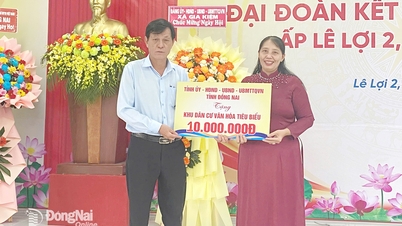

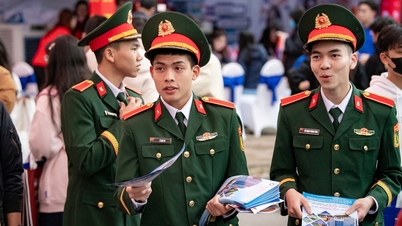

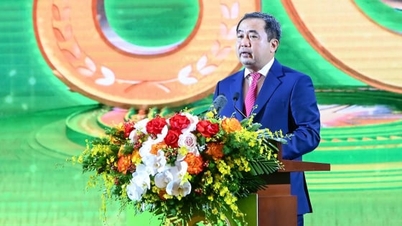

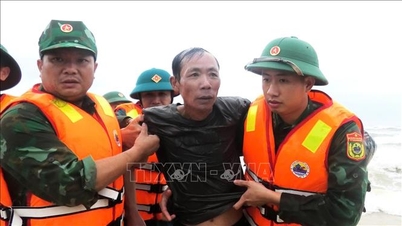
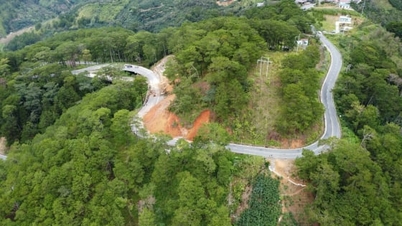
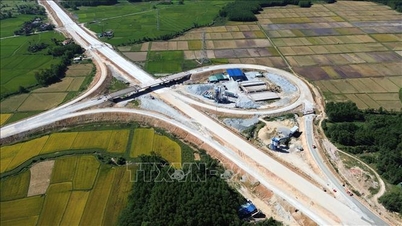





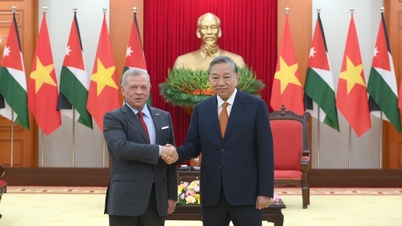
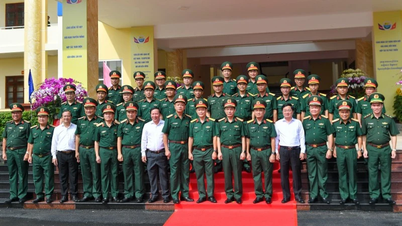
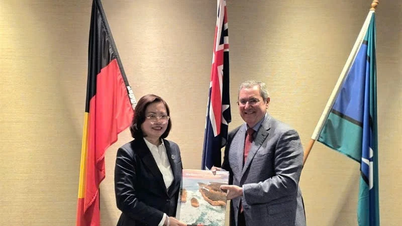












































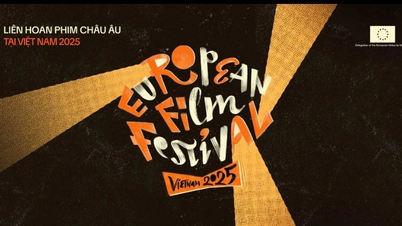
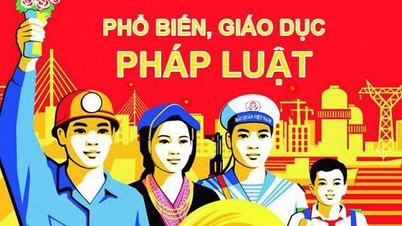

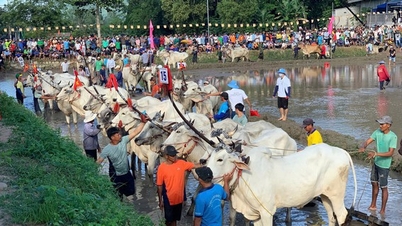

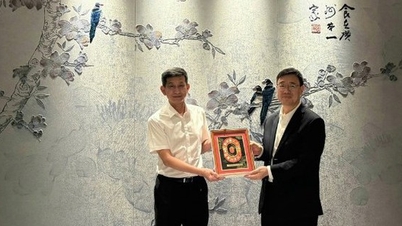




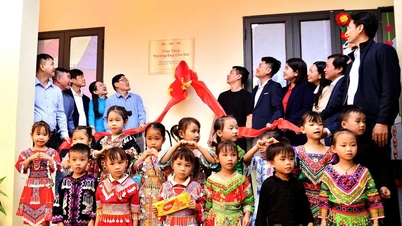

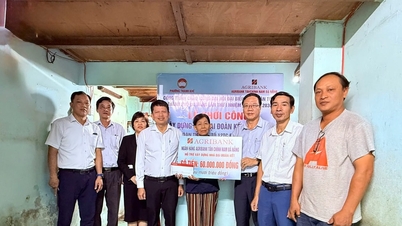
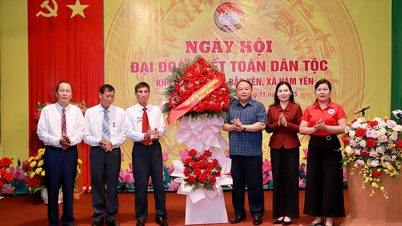
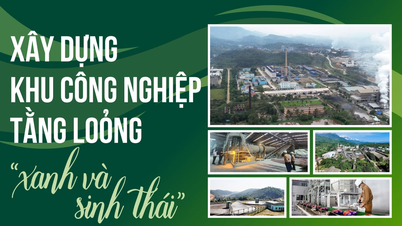

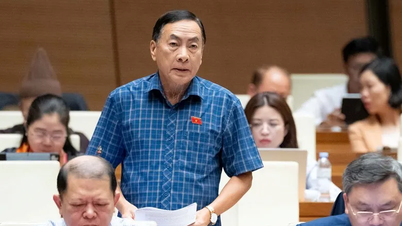




![Dong Nai OCOP transition: [Article 3] Linking tourism with OCOP product consumption](https://vphoto.vietnam.vn/thumb/402x226/vietnam/resource/IMAGE/2025/11/10/1762739199309_1324-2740-7_n-162543_981.jpeg)





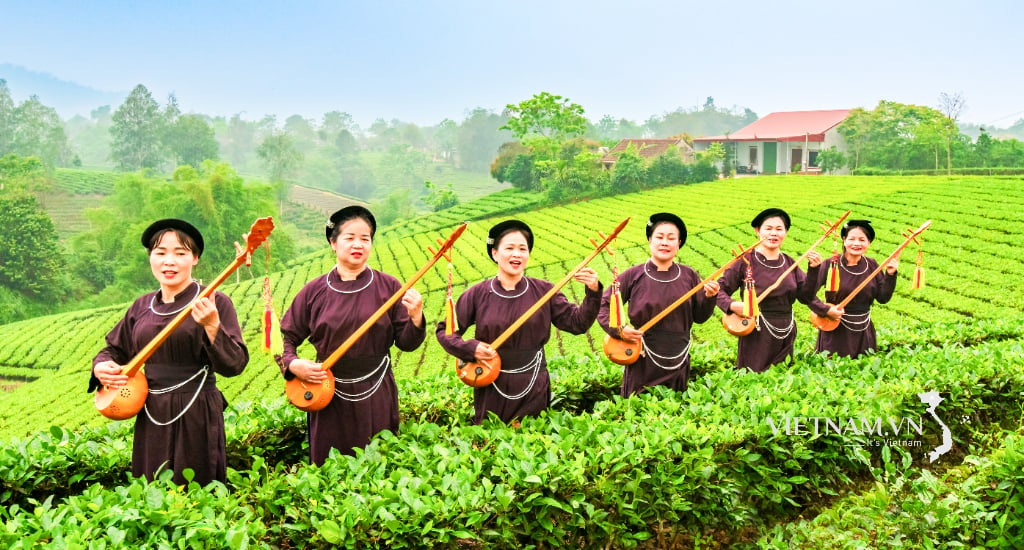
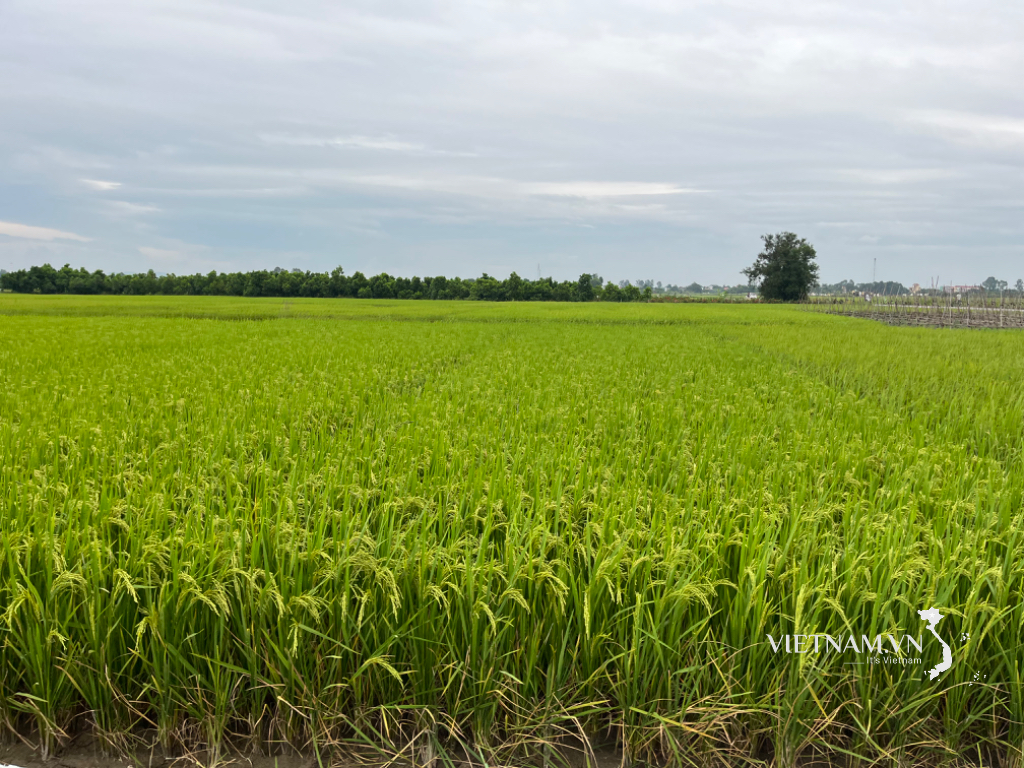
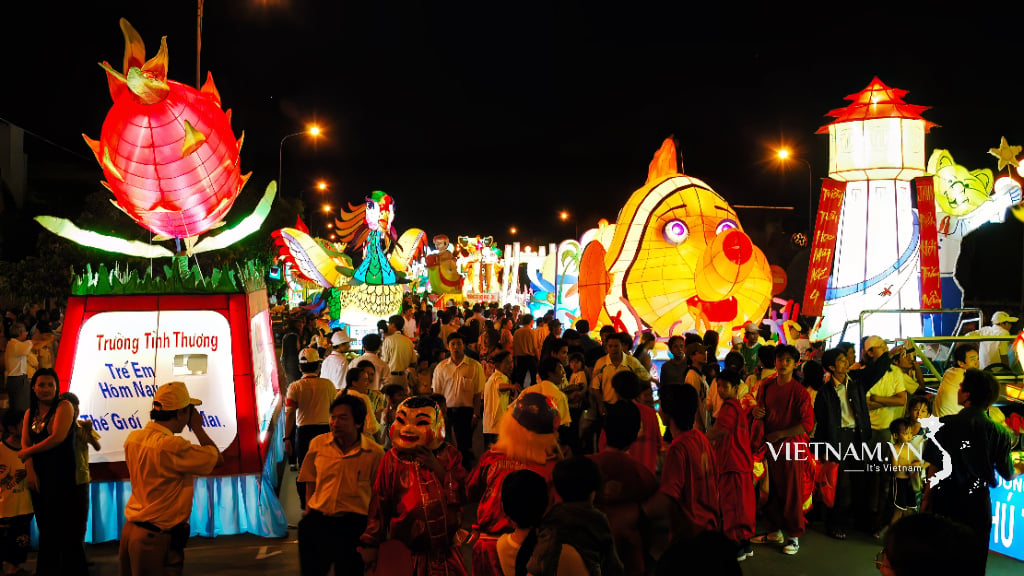
Comment (0)